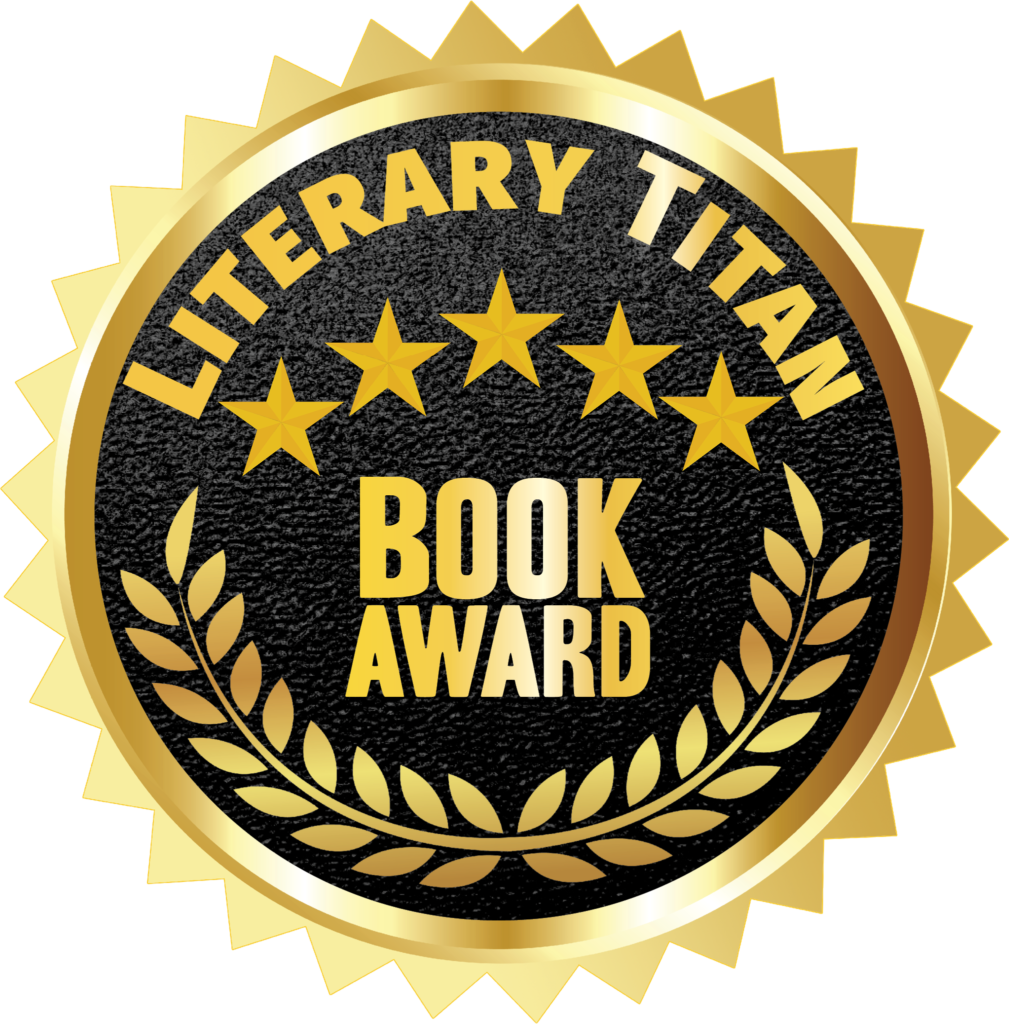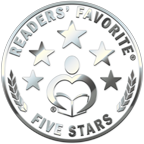Before I dive in, let me just say that once again–I had hoped to have Cold as Snow links to share. But we’re still waiting on distribution delays . . . should be any day now, so stay tuned! Too bad I don’t have a magical cure-all like the one we’re discussing today!
For those of you who’ve found Cold as Snow on my website and read it, you’ll know that Red and her friends spend a fair amount of time in the book chasing after a mystery “ore.” The ore is so important to the plot that I decided to make it my symbol this week, even though it’s not really a symbol from the original Snow White (aside from the Disney version where the dwarves are mining gems and singing songs about it!).
Technically, the word “ore” just refers to any old rock that contains a metal or a mineral (usually something valuable). In past Friday posts, I’ve written about tons of similar things: silver, iron, and gold, for example. But I think the best comparison to the ore in Cold as Snow would be the Philosopher’s Stone.
Just what is it about stones and rocks that seems so mystical? Well, from an alchemical perspective, ore is important because it’s an example of transformation. You start out with a weird grayish lump of something, and after cleaning it up and processing it a bit, you get a nice shiny metal! The legend of the Philosopher’s Stone turning anything it touches to gold (or turning average humans immortal!) is all about that transformation. In much folklore and mystical thinking, those metals or minerals become associated with certain qualities in human life–things like rose quartz for love, iron for strength, and so on. So ore can represent both a physical and a metaphysical transformation. In a way, it’s a blank slate.
In Cold as Snow, Red’s investigation of the ore mirrors her investigation of a murder. As she learns more about the mysterious rock, she learns more about her companions–and herself. And what is, at the beginning of the story, an unhelpful unknown becomes something really special and life-affirming by the end of the book. (Just maybe not as life-affirming as the Philosopher’s Stone!)





